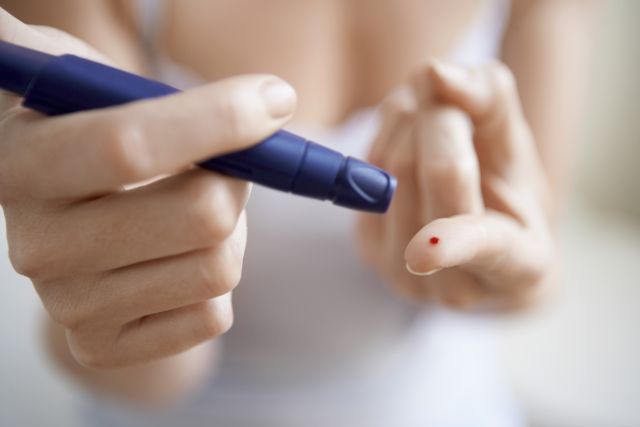Updated on March 26, 2024.
As many as 35 million people in the U.S. have type 2 diabetes, according to the Centers for Disease Control and Prevention (CDC). Another 96 million have prediabetes, or elevated blood glucose (sugar) levels that are often a precursor to type 2 diabetes. More than 8 in 10 adults with prediabetes don’t know they have it.
Like so many other health problems, diabetes is best treated—and may even be reversed—when it’s caught early. Here are some of the most common signs of the disease. If you experience any of these symptoms, make an appointment to see a healthcare provider (HCP).
Frequent urination
When you have diabetes, excess glucose (sugar) builds up in the blood. The kidneys try to filter out waste while keeping the nutrients your body needs, including glucose. But when blood sugar levels are too high, the kidneys are overwhelmed and some of that sugar goes into urine. That causes the body to produce more urine, causing frequent urination.
Increased thirst
The frequent urination that accompanies type 2 diabetes can cause dehydration. Additionally, high blood sugar levels can pull fluids from your tissues, also causing dehydration. Both processes can cause you to feel more thirsty.
Increased hunger
When you have type 2 diabetes, your body’s cells are starved for sugar because it remains in the bloodstream. As a result, your cells send out a signal that your brain interprets as hunger.
Weight loss
Some people with type 2 diabetes may experience unexplained weight loss. That’s because some of the sugar from the food you eat stays in your blood and never reaches your cells, where it can be used for energy. The extra sugar that stays in your blood gets excreted through your urine. When your cells don't get the sugar they need, they burn extra fat and muscle for energy, which can lead to weight loss.
Blurred vision
Excess sugar in the blood pulls fluids from your tissues, including your eyes. This can blur your vision. High blood sugar can also damage blood vessels in the retina (the light sensitive area at the back of the eye), causing a serious eye condition called diabetic retinopathy.
Weakness and fatigue
Dehydration caused by frequent urination and lack of sugar that can be used for energy inside your body’s cells can cause weakness and fatigue.
If you have any of these symptoms, it’s important to see an HCP right away for testing and an accurate diagnosis. Earlier diagnosis and treatment can help control diabetes and prevent more serious health problems.






